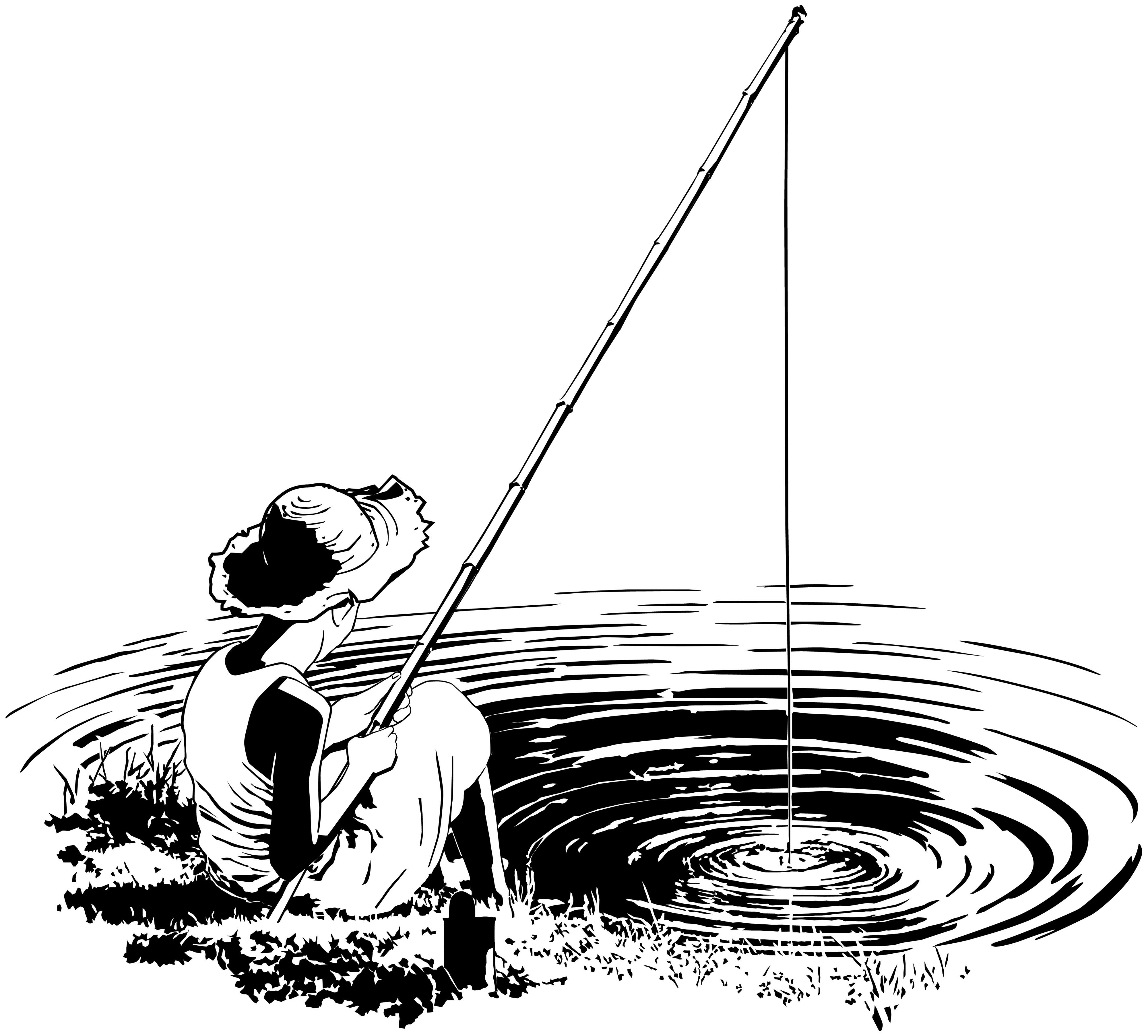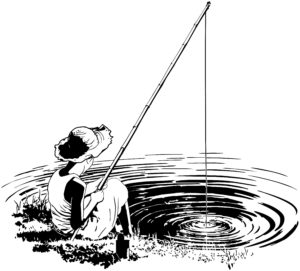“Please take it,” says I, “and don’t ask me nothing—then I won’t have to tell no lies.”
–Huckleberry Finn
You may have heard a major media frenzy awhile back over the decision by the “publisher” of Huckleberry Finn to change some of the words, especially the racial epithets. Every news story I read about this published this the same way – hook, line and sinker. And people were incensed that future generations would be deprived of Huckleberry Finn as originally written by Mark Twain.
What Actually Happened
It was all a crock. Go down to your neighborhood book store and check Huck Finn for the bad words – you will probably find them right there same as they always were. How did the media get this so wrong? It was either ignorance of the law, or perhaps a desire to make the story bigger than it really was.
You see, there is no “the publisher” of Huckleberry Finn. Because of its age, Huckleberry Finn is “public domain,” and therefore can be published by anyone. What happened is that one publisher decided to change the words, but there are hundreds of others of publishers of the book that made no such decision.
Public Domain Defined
When does a book become public domain? Well, the question is a bit complicated, and depends on the date of first publication. For works created in 1978 or after, the copy right expires seventy years after the author’s death. Works published from 1964 to 1977 have their copyrights expire in 28 years, but they can be renewed. Works published from 1925 to 1963 have copyrights expire 95 years after publication. All publications from before 1925 have expired copyrights and are public domain.
In Summation
One would hope that at least some media outlets would have legal advice on staff that would have caught this. The more cynical conclusion is that they knew full well that they were misleading, but didn’t let that get in the way of a good story.
To get even more information on copyrights, check out our podcast. If you would like to set an appointment to speak with Sam about your intellectual property, you can use our online scheduling.
 Sam Ventola has a wide variety of experience in litigation, legal education, and mediation. When he is not fighting IP trolls, he enjoys volunteering in the Denver area and spending time with his family, especially his grandson, Jack.
Sam Ventola has a wide variety of experience in litigation, legal education, and mediation. When he is not fighting IP trolls, he enjoys volunteering in the Denver area and spending time with his family, especially his grandson, Jack.
Ventola Law serves the Denver Metro area including Arvada, Aurora, Boulder, Brighton, Commerce City, Castle Rock, Golden, Lakewood, Littleton and Arapahoe, Adams, Douglas and Jefferson Counties.


